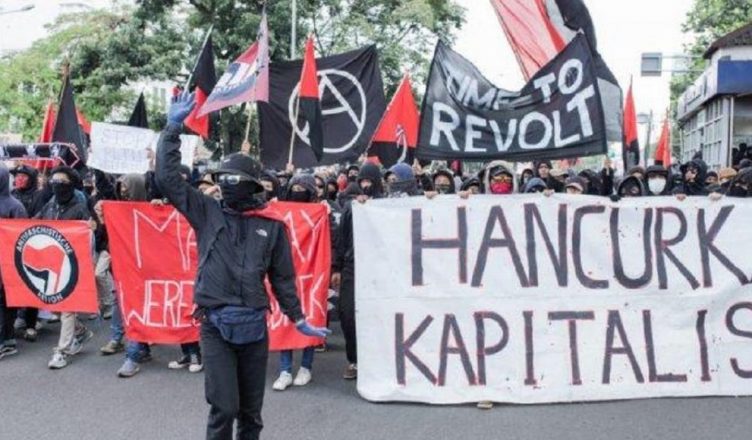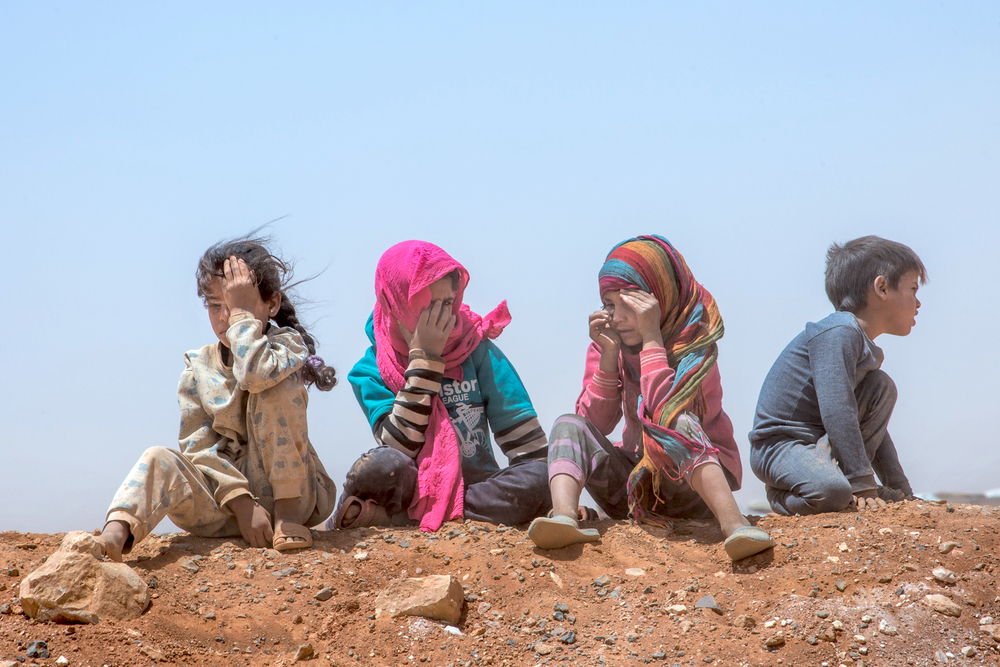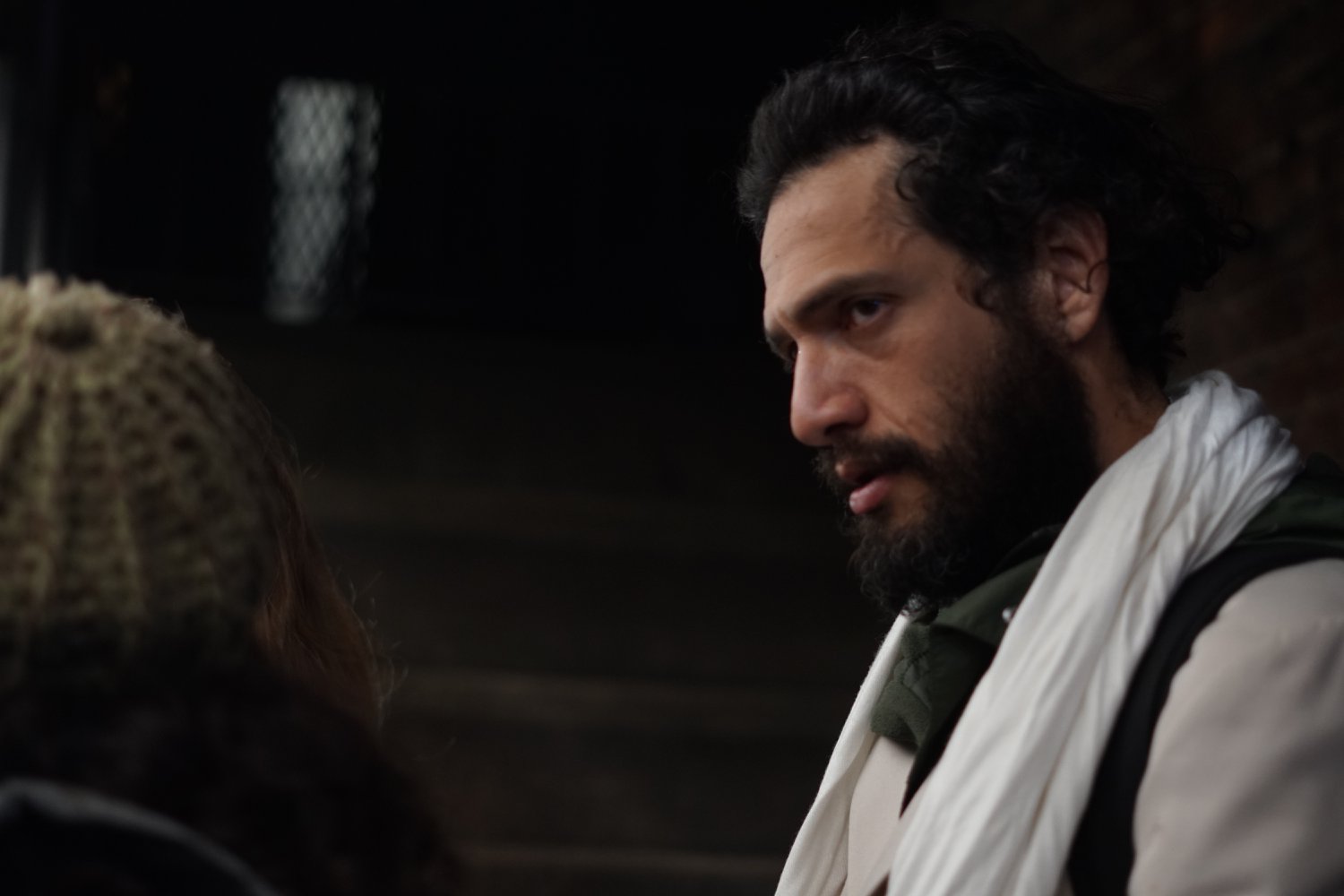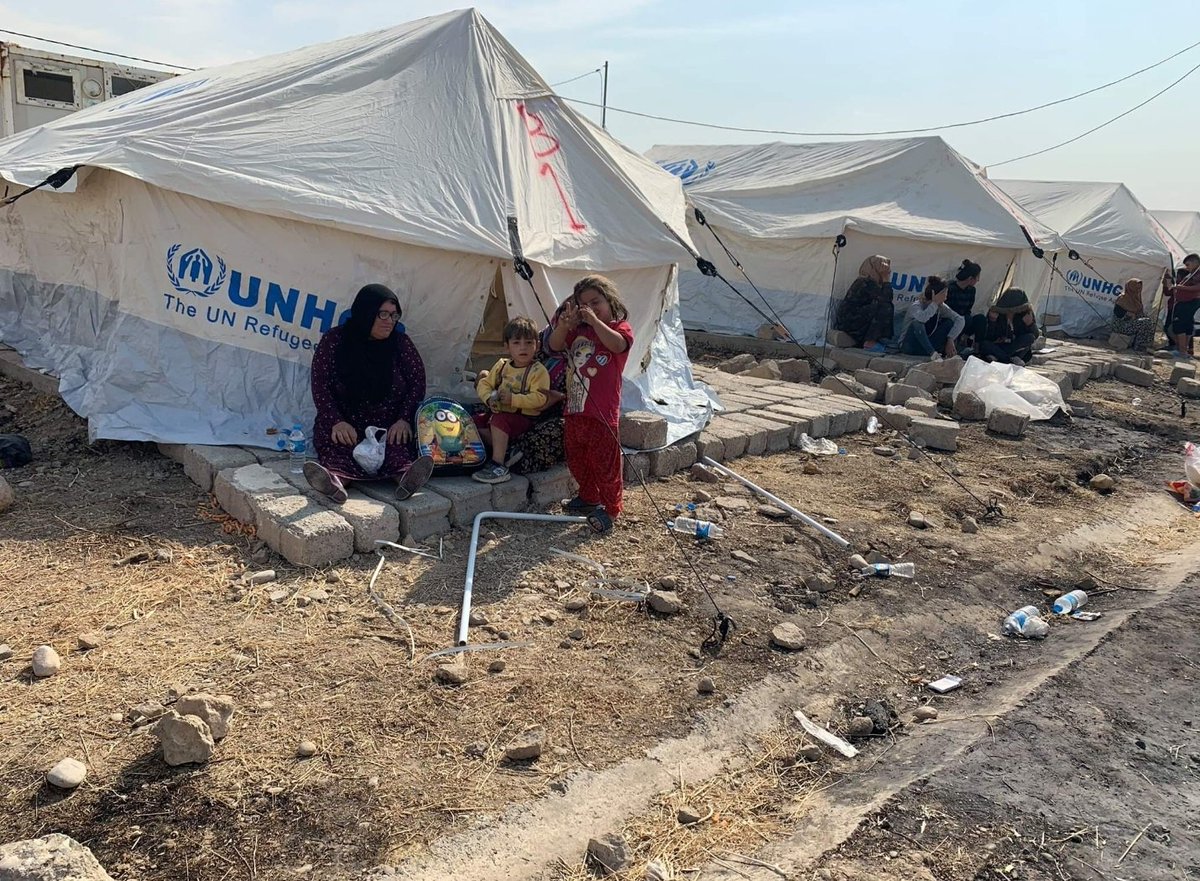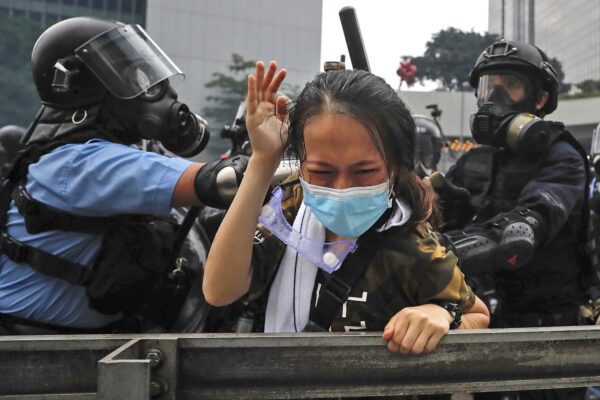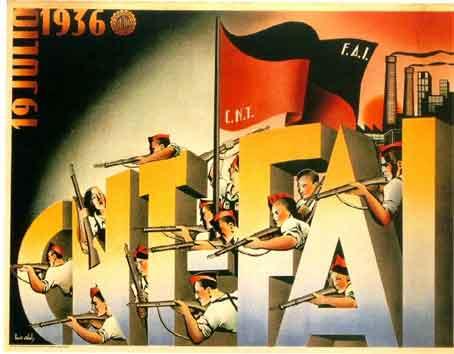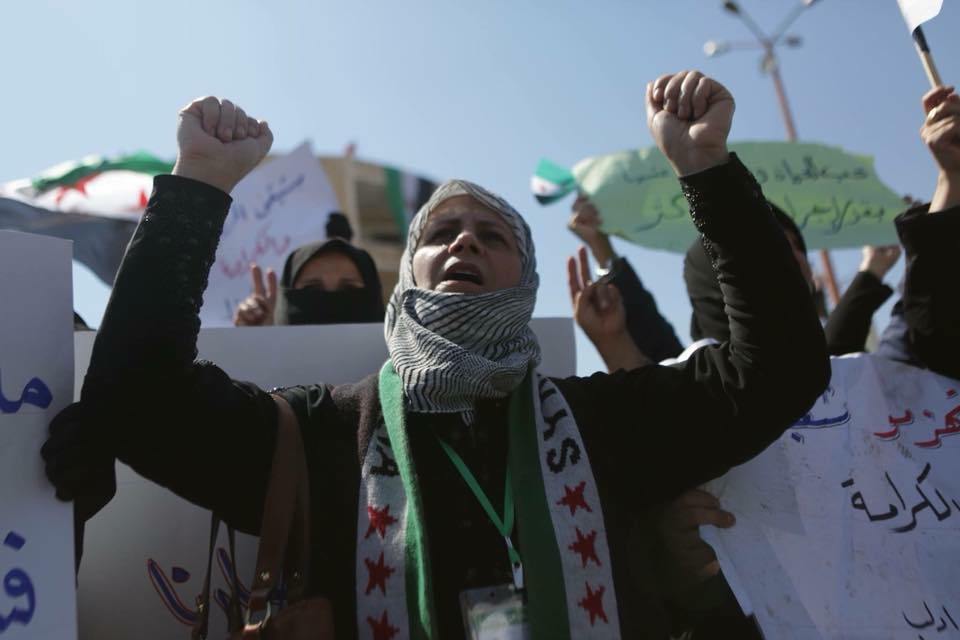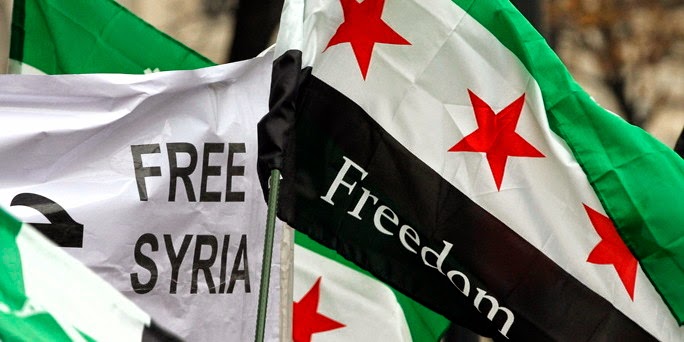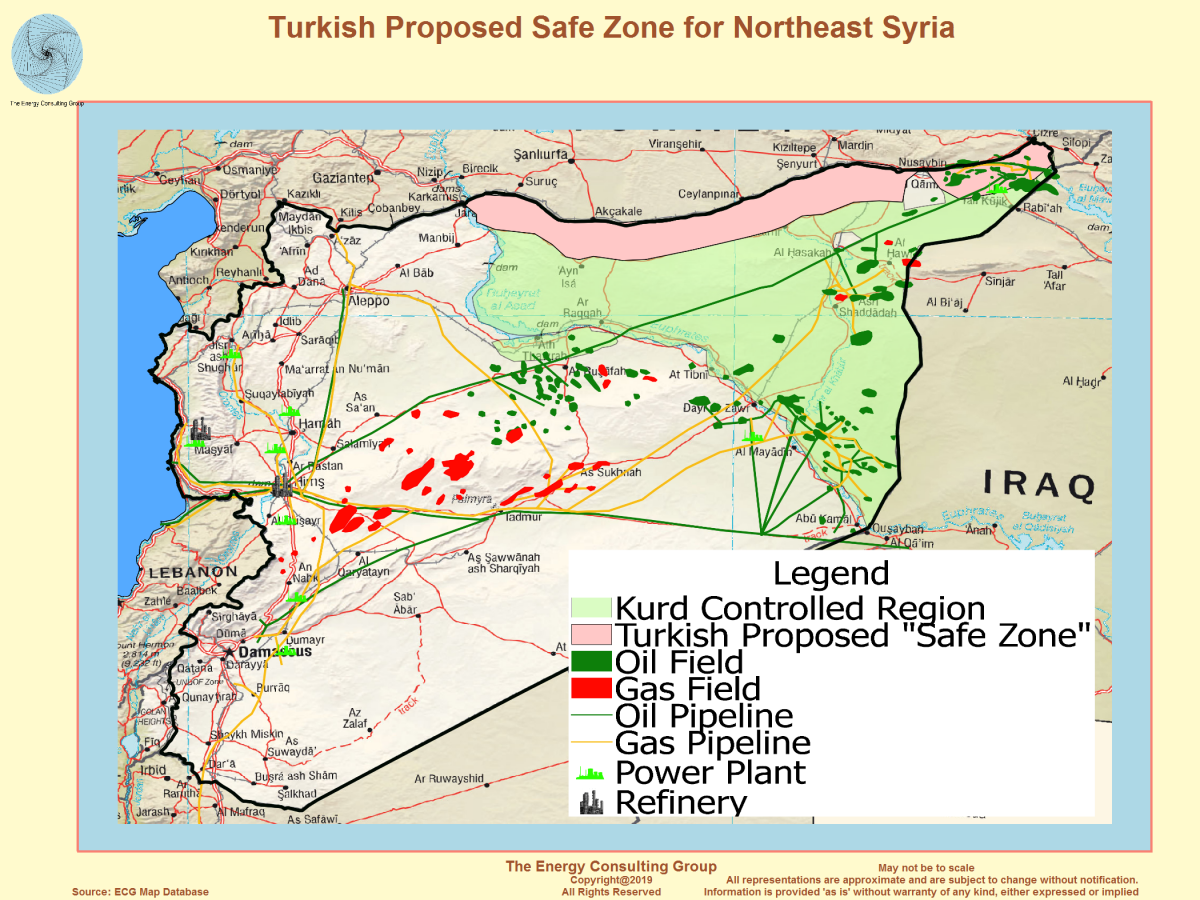
Rojava Kurds cut deal with US oil company
In the imperial carve-up of northern Syria, US troops have since late last year been controlling the oil-fields of Deir ez-Zor province, in collaboration with the Kurdish-led Syrian Democratic Forces. Now reports are emerging that the Kurdish autonomous administration in the region has signed a 25-year contract with a little-known US company for exploitation of the oil. The company, Delta Crescent Energy, received a waiver from US sanctions on Syria from the Treasury Department. The deal was confirmed by Secretary of State Mike Pompeo in testimony before the Senate Foreign Relations Committee. (Map: Energy Consulting Group)




